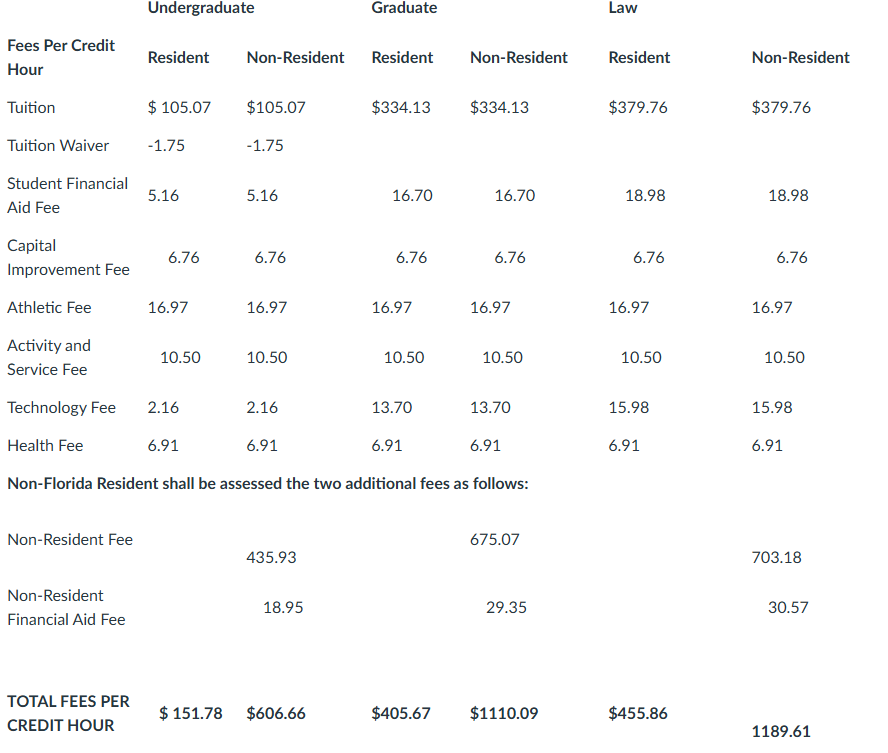At the beginning of the pandemic, countries realized that flattening the curve was necessary for returning to everyday life. Three stimulus checks, a heavy election season and three vaccine developments later and the conversations on going back to normal life are still ongoing.
The pandemic began with the uncertainty of the coronavirus, inaccessibility to personal protective equipment (PPE) and, and high rates of COVID-related cases and deaths.
One year later – even in uncertainty – there is increased access to testing centers, most businesses are operating fully, and some states are completely open with no COVID restrictions.
On Dec. 3, 2020, the CDC recommended healthcare workers and long-term facility residents be the first to receive initial COVID-19 vaccine supplies. Pfizer Inc. and BioNTech SE. Pfizer developed the vaccines these individuals were to receive.
The first COVID-19 vaccinations began Monday, Dec. 14, 2020. A nurse in New York was the first to receive the vaccine outside of clinical trials. This began the mass immunization campaign since polio shots in the 1950s.
Many sites in Florida provide the COVID-19 vaccine free to residents.
According to the Florida Department of Health, people 40 years and older, extremely vulnerable individuals determined by a physician, health care workers with direct patient contact and long-term care facility residents and staff are eligible to receive the vaccine.
Gov. Ron DeSantis eliminated COVID-19 vaccine age restrictions in Florida on March 25. Effective April 5, all Florida residents can receive any COVID-19 vaccine authorized by the Food and Drug Administration.
Persons aged 16 and older are eligible to receive the Pfizer vaccine. People 18 years and older are eligible to receive the Moderna and Janssen (Johnson and Johnson) vaccine.
According to the CDC, as of April 1, over 56 million people have been fully vaccinated in the U.S. Although states like Florida are eliminating vaccine age restrictions, the pandemic still isn’t over.
On Monday, March 29, CDC Director Dr. Rochelle Walensky gave an emotional plea during the White House COVID-19 Response Team briefing. Walensky described a feeling of “impending doom.”
Walensky is concerned when looking at the rising number of COVID cases in the country. She is worrisome as hospitalizations are up and deaths have begun to rise. Looking at the similar pattern of European countries like Germany, Italy and France is especially unsettling.
“We have so much reason for hope,” Walensky said, pleading with Americans to hold on a little while longer. “But right now, I’m scared.”
Later that afternoon, President Biden called governors and mayors to either maintain or reinstate mask-wearing mandates. “Reckless behavior” has threatened the nation’s progress against the pandemic and stopping the spread.
Cities like Miami Beach recently extended emergency curfew for three weeks in an attempt to control large spring break crowds. This is after various universities shortened their spring semesters by canceling spring break.
States like Tennessee and Texas have removed gathering limits and coronavirus restrictions. Florida isn’t too far behind, with DeSantis limiting local governments’ rights to enforce regulations tighter than the state’s.
DeSantis has also issued an order canceling any coronavirus-related fines issued by local governments.
Despite the CDC’s concern for the U.S. opening too quickly, Americans are ready to be “outside” this summer.
Twitter user @oohMyKayla tweeted being fully vaccinated and being outside this summer. “Of course still with masks on,” she stated.
As California, Texas, and Florida lead in COVID cases and COVID-19 eligibility expands, there seems to be hope for returning to ordinary life soon.
If enough people ignore reality and are convinced this hope means the pandemic is over, answering when and how normal life will become even more complicated.














